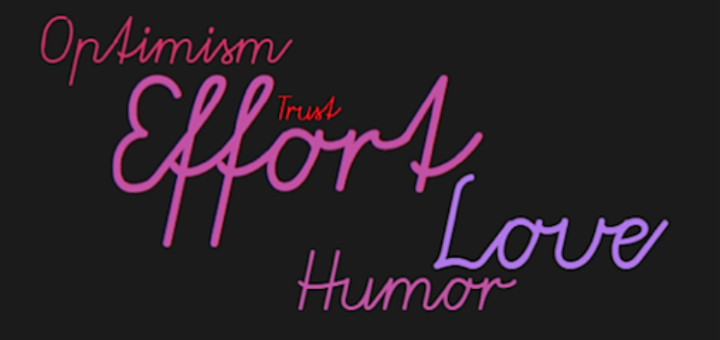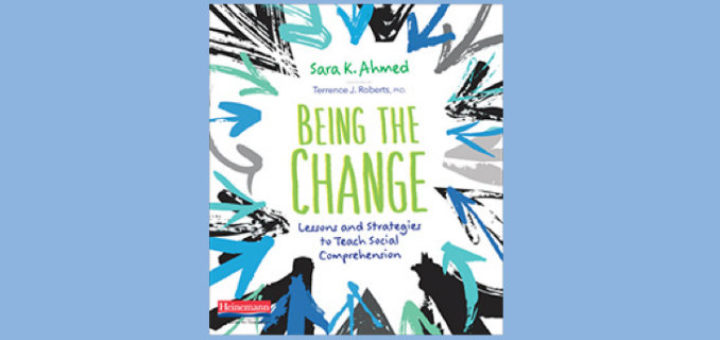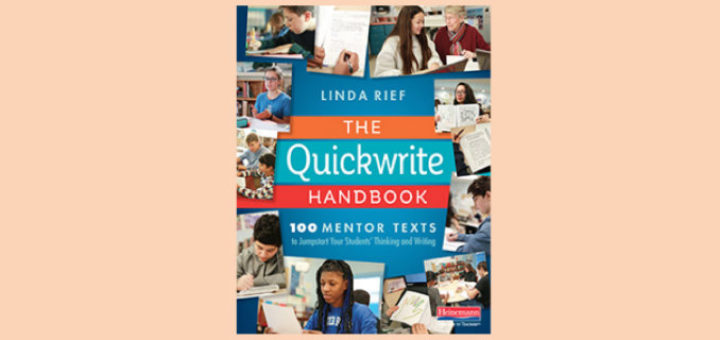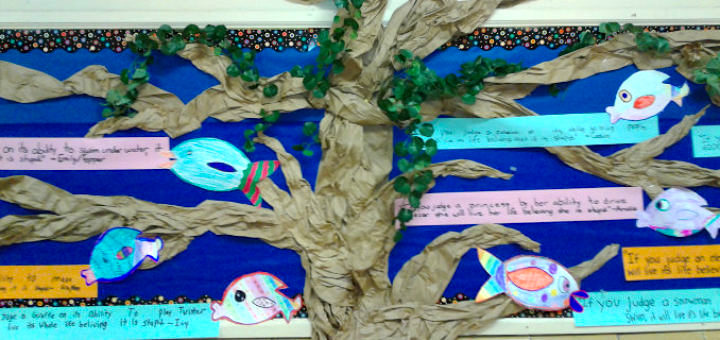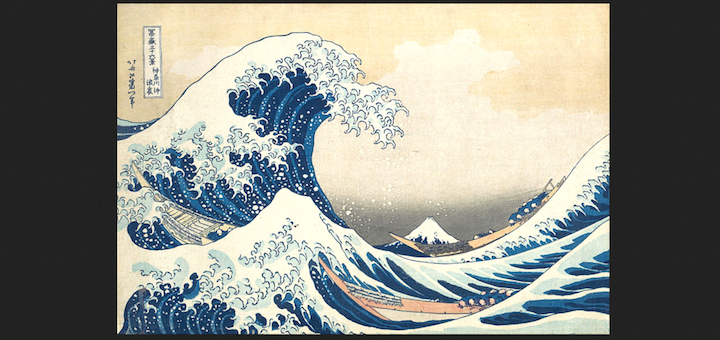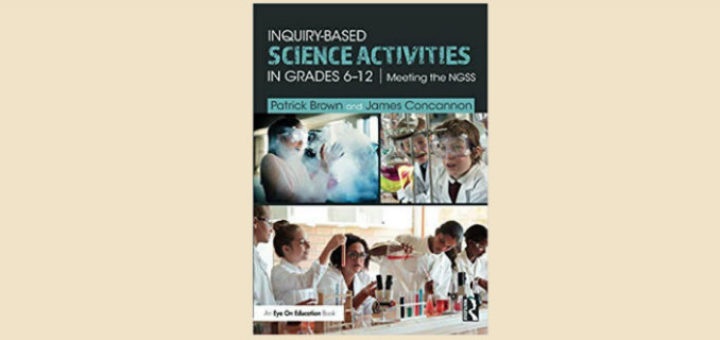Teaching and learning in grades 4-8
When it comes giving students feedback, our approach can be formal or informal, low-tech or high-tech, writes teacher educator Curtis Chandler. The important thing is that we are constantly observing and offering guidance. As always, Curtis shares lots of practical tips.
Drawing on her special education background, ELA teacher Cheryl Mizerny works to build kids’ executive function skills. Here she offers techniques to help strengthen what she considers the most crucial skills for middle schoolers: task initiation, organization, and time management.
Being mindful of what is driving the decisions we make as educators is valuable. A good place to start is by defining our own core values. New principal Rita Platt shares a method for distilling those values and tells how she applied hers to several school decisions.
Educator Sarah Cooper finds herself gravitating to teaching books that call our social consciences awake, as Sara K. Ahmed’s Being the Change does as it asks teachers to be even more human in the classroom and thus impel your students to share their humanity with you.
You will find 100 teacher and student friendly mentor texts in Linda Rief’s The Quickwrite Handbook. Sourced from students, teachers, and authors as well as herself, the texts come with suggestions to get students thinking and writing, says consultant Anne Anderson.
Once again it’s fall and the read-aloud rug in Mary Tarashuk’s 4T classroom is drawing new kids and characters closer together. First up: Fish in a Tree’s Ally Nickerson. Coming soon, another Global Read Aloud choice, Amal Unbound. Two girls with differences to share.
Kids love visual texts such as art and photographs, but as with written texts, they often don’t know where to begin when asked to look at the works critically. Author and NBCT Marilyn Pryle finds that if given specific doorways, her students have much richer discussions.
There is no perfect method for shared decision-making among principals, teachers, staff and families, but it’s most successful when involvement is authentic, time is adequate, and agreed-upon norms are in place. Authors Ron Williamson and Barb Blackburn share strategies.
Whatever you know, sharing it outside school walls can inform policymakers, journalists, the public, other teachers, researchers, and professors – who can use your classroom discoveries to better serve students. Educator and writer Jenny Grant Rankin shows how.
As models for inquiry-based education, the book’s science activities offer strategies, tools, and procedures for designing and implementing lessons. Teacher Jeny Randall finds the book has changed the way she teaches science, despite some layout and standards glitches.



